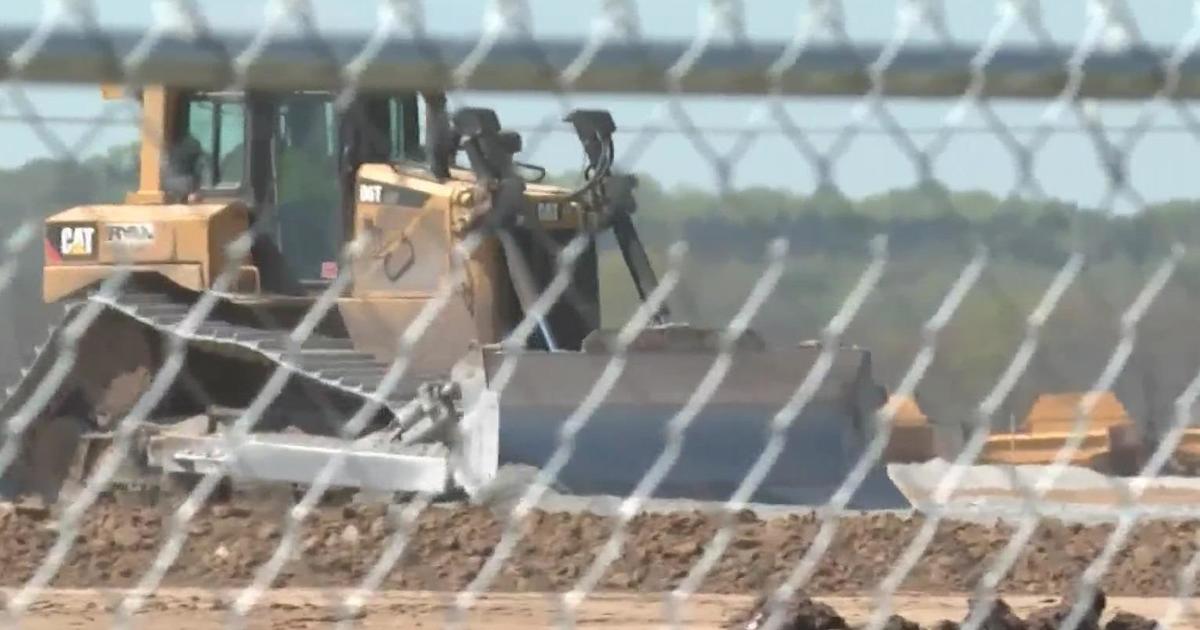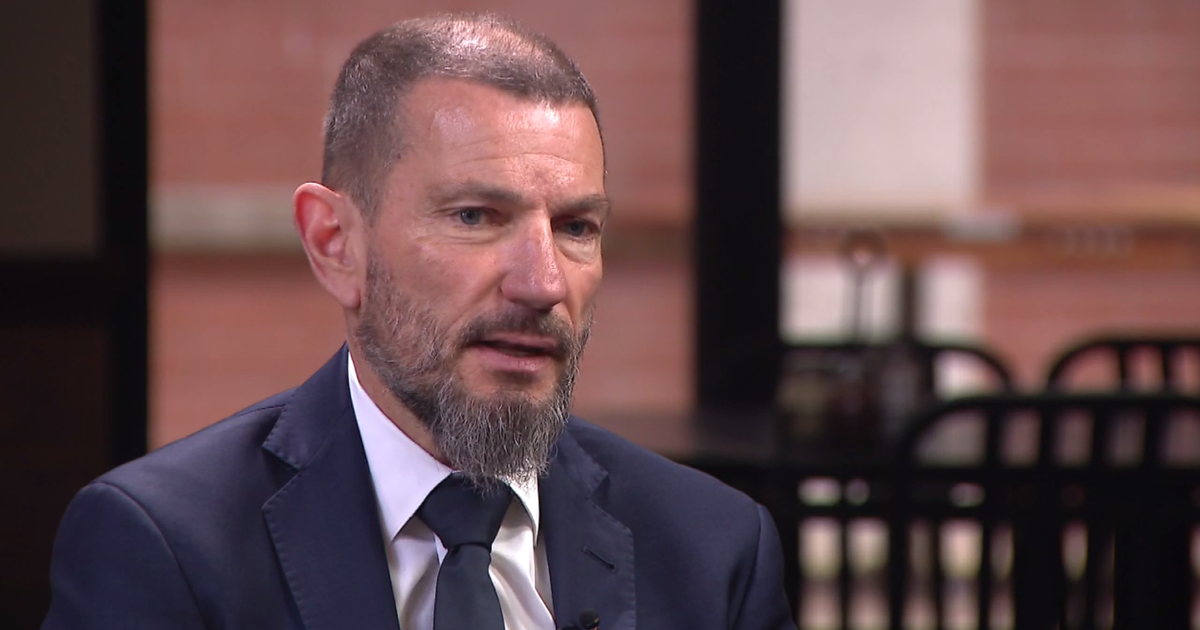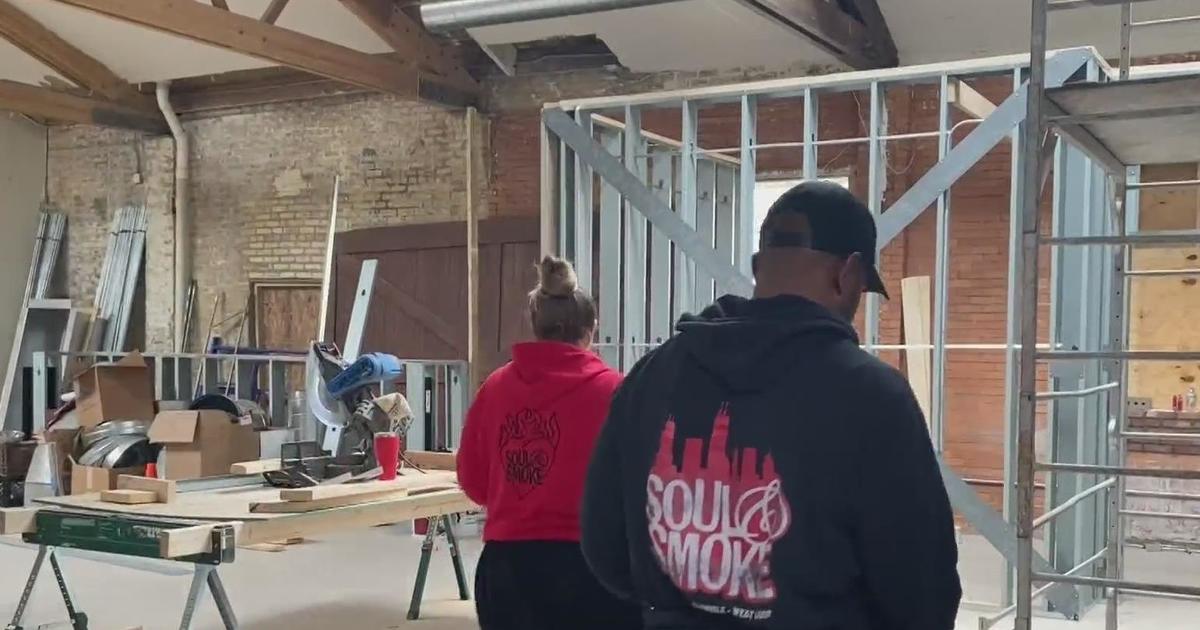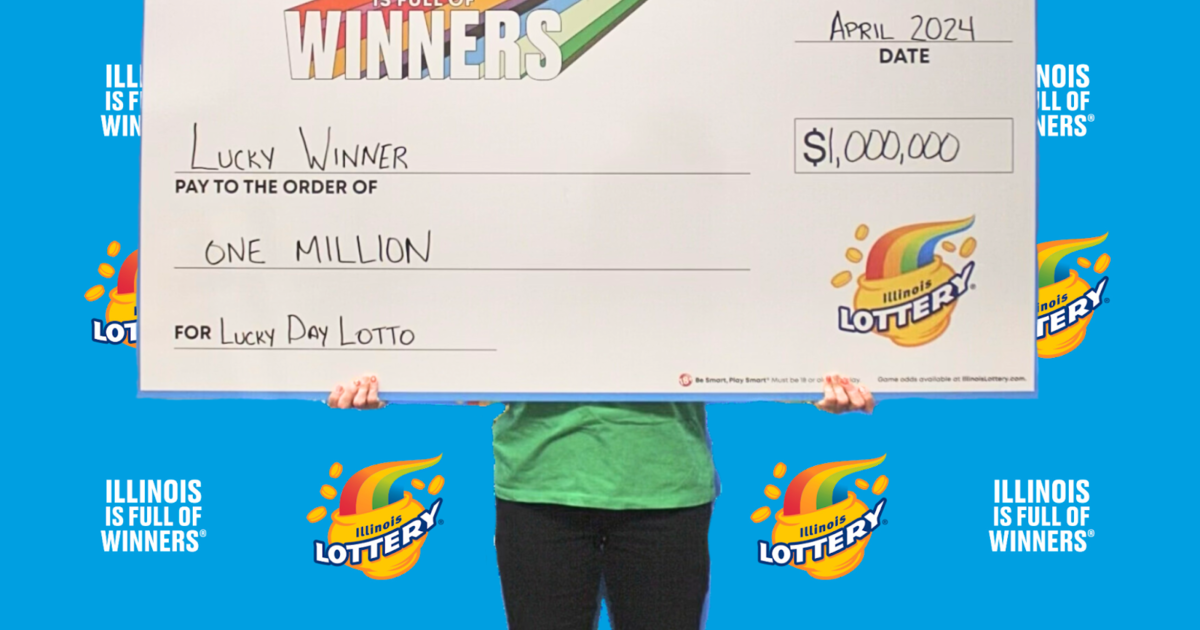City Could Raise Amusement, Cigarette, Liquor And Lease Transaction Taxes
CHICAGO (STMW) -- Mayor Rahm Emanuel is exploring the possibility of raising the city's tax on amusements, cigarettes, liquor and personal property lease transactions to chip away at a $338.7 million budget shortfall, City Hall sources said Friday.
New revenues are needed to close at least part of a gap that will balloon to nearly $1 billion next year without a solution to the city's pension crisis.
Property and sales tax increases have been ruled out. So have increased taxes on natural gas, bottled water, soft drinks and parking, which the mayor has already targeted twice.
But, that leaves a host of taxes still on the table.
Chicago's two-tiered amusement tax was increased by 1 percent in 2005 and by 1 percent again in 2009. It now stands at 5 percent for mid-sized venues and 9 percent for large sporting events. The lower tax rate applies to live theatrical, musical and cultural performances in venues with more than 750 seats. Smaller theaters are exempt.
Last year at this time, Cubs chairman Tom Ricketts was still hoping to use 35 years' worth of amusement tax growth to help renovate 99-year-old Wrigley Field and develop the land around it.
But, Ricketts has since abandoned his quest for a city subsidy. And the City Council has approved his plan to bankroll the $500 million development with more night games, two massive outfield signs and an influx of signage outside the ballpark.
That makes the amusement tax a more attractive revenue target — even if it has the potential to leave Chicago with the highest ticket tax in the nation.
Amusement tax revenues rise and fall with Chicago sports teams. This year, the Blackhawks' second Stanley Cup championship in four years has offset plummeting baseball attendance. The Cubs and Sox both finished last in their divisions.
Chicago's cigarette tax was increased by 32 cents a pack in 2005 and by 20 cents a pack in 2006. That raised the city's portion of the tax to 68 cents-a-pack.
At $6.67 a pack, Chicago now has the nation's second-highest combined state and local tax rate on cigarettes. The state and county each tacked on $1 over the last 18 months. New York City tops the list at $6.86 a pack.
Yet another increase would drive more smokers across state lines to purchase cartons of cigarettes. Already, the city's cigarette tax take has plummeted — from a high of $32.9 million in 2006 after two straight years of tax hikes — to $16.5 million this year.
But, Emanuel has crusaded for a nationwide ban on menthol cigarettes, which he calls a "gateway to a lifetime of addiction."
He could comfortably join the argument that higher cigarette taxes give smokers an incentive to quit. And in the meantime, he could use the money to improve children's health.
The same sin tax argument could be made for the liquor tax. Its annual revenues have nearly doubled over the last decade — to $33 million — thanks to increased tax rates and more drinking.
Raising the 8 percent tax on personal property leased and used in Chicago could stray from the political path of least resistance. It might be viewed as a disincentive to business.
"I say [raise the] liquor [tax] more so than I do cigarettes because we lose money when they go over to Indiana. ... Everybody wants smokers to stop smoking, but I think that's up to the individual because we've run our sales away," said Ald. Carrie Austin (34th), chairman of the City Council's Budget Committee.
"People are not [the same about] cigarettes as they are with liquor. Only maybe an excessive drinker drinks every single day."
No matter what tax increases the mayor proposes in his Oct. 23 budget address, they will pale by comparison to what happens next year.
That's when the city is required by state law to make a $600 million contribution to stabilize police and fire pension funds that now have assets to cover just 30.5 and 25 percent of their respective liabilities.
Emanuel wants the General Assembly to impose annual property tax increases on Chicago homeowners and businesses, but put off the balloon payment for police and fire pensions until 2023.
The mayor's first budget was balanced with $220 million in taxes, fines and fees, 535 layoffs, three police station closings and the elimination of 1,400 police vacancies.
His second budget cut 275 jobs and held the line on taxes, fines and fees while making strategic investments in tree-trimming, rodent control and children's health and after-school programs.
But, the 2013 budget also counted on $15 million from electronic billboards near Chicago area expressways and $30 million from speed cameras near schools and parks. City Hall has yet to collect a penny from either of those initiatives. Speed camera revenues are expected to be an even bigger source of revenue next year.
(Source: Sun-Times Media Wire © Chicago Sun-Times 2013. All Rights Reserved. This material may not be published, broadcast, rewritten, or redistributed.)



